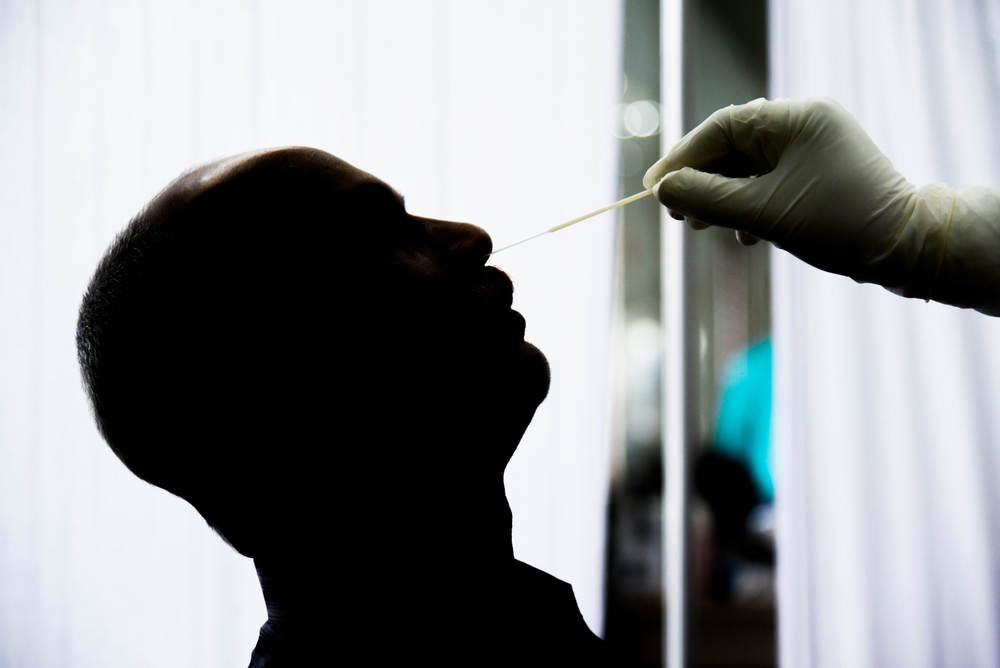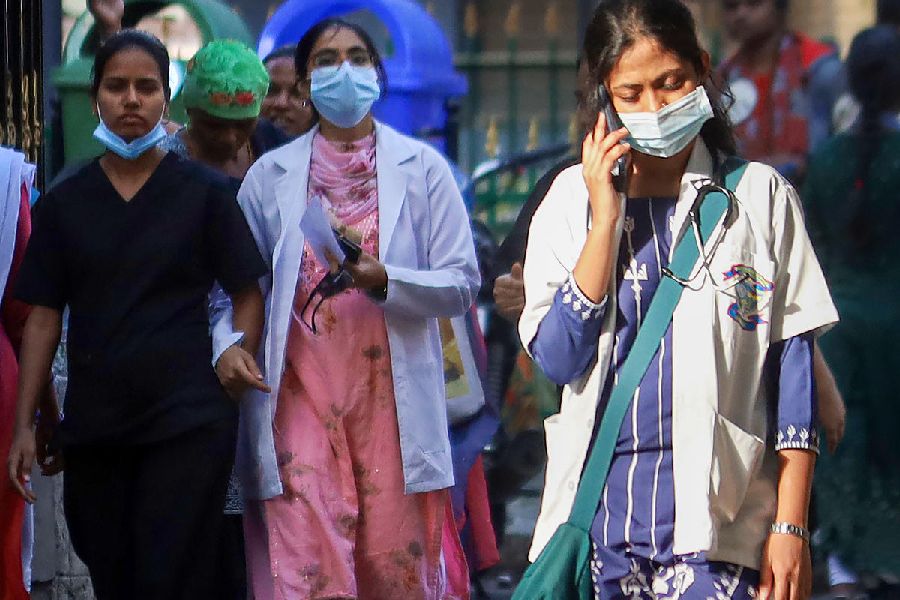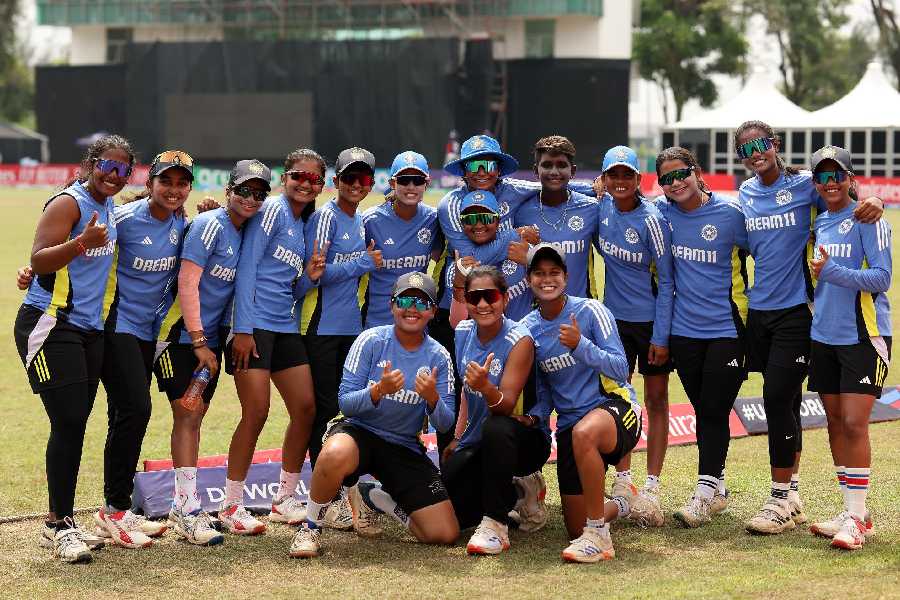Test centres at 11 medical colleges across Bengal have to reject nearly 10 per cent of the swab samples they receive because of incorrect collection procedure, doctors said.
Many laboratory technicians are either not reaching the entire depth of the nose or mouth of a person while collecting the swab or not filing properly the reports that accompany the samples, said several doctors, who attributed the lapse to fear of infection among health workers.
If the swab sample is not properly collected, the RNA count will be too low for testing. Improper collection leaves the test reports inconclusive and necessitates fresh tests, thus delaying the process of identification of Covid-19 patients.
“There is a range for the RNA count and when that doesn’t reflect in a sample , we realise it has not been collected properly,” said a senior doctor at the School of Tropical Medicine. “Fear may be preventing technicians from reaching the depths of the nose or mouth while running the swab.”
The sample must be collected from the end of a person’s mouth or nose to allow detection of the virus. If the sample is collected half-way into the nasal or oral passage, the test report may be incorrect, doctors said.
“After some of the samples started showing incomplete RNA count, we decided to hold a day’s class for technicians from parts of Bankura and Bishnupur to tell them again what should be done,” said a senior professor at Midnapore Medical College.
Medical colleges in the city have started talking to lab technicians to allay their fears. Several technicians are being counselled that the personal protection equipment ensures they do not contract infection even if someone sneezes during swab collection.
“We have created a separate kiosk where the swab samples would be collected,” said a senior doctor of the RG Kar Medical College. “We are also engaging ENT doctors for collecting swabs.”
Senior officials of the health department said institutional heads have been advised to designate a senior doctor to monitor the work of lab technicians in every shift and clear doubts.
“Regular training sessions are being held for skill upgrade,” said a senior health department official. “There may be a few cases of erroneous collection of swab samples but that is not the predominant trait. We are trying our best to address this.”









